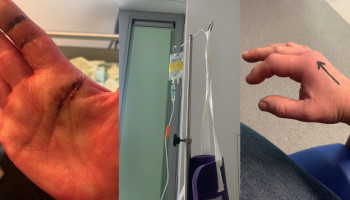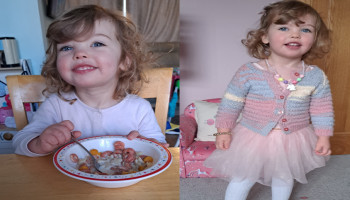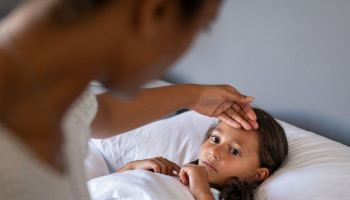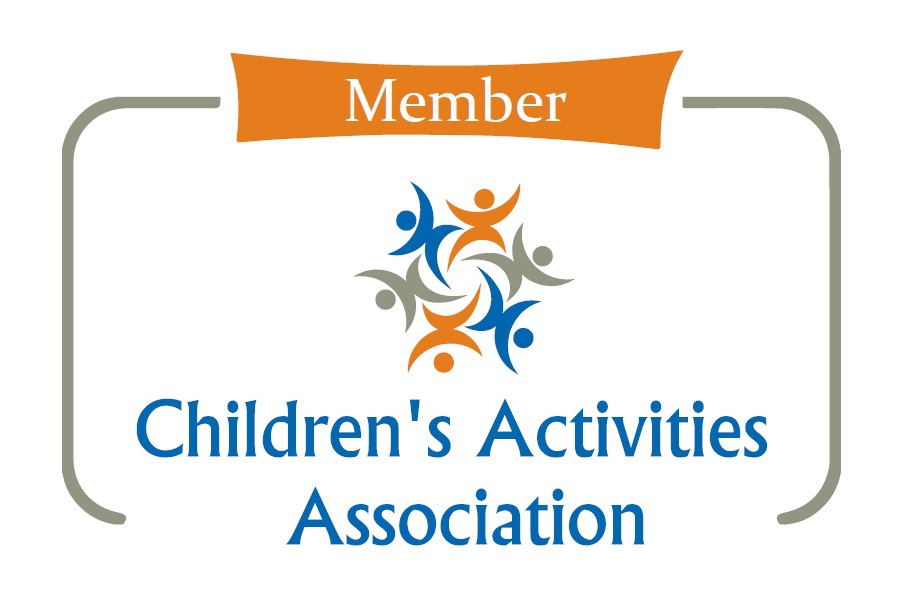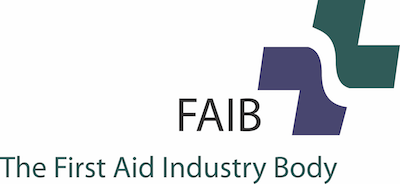I thought long and hard before I wrote this, I think it’s the British tradition not to talk about our feelings but I think it’s an important topic that will continue to consume mums lives unless we open up and address the issue.
I always wanted to be a mum, I grew up in a big family and having children was definitely in my life plan. When I found out I was pregnant with my first child I was elated. My pregnancy was pretty straightforward, apart from swelling up like a balloon, giving birth only took about 5 hours and even though my son was born 4 weeks early, he was healthy. I should have been on cloud nine but I wasn’t, I felt like I was under a huge dark cloud instead.
Looking back, post-natal depression hit me almost immediately, it felt like a ton of bricks had fallen all over me and my life. I felt so ungrateful, I was lucky, I had a beautiful, healthy baby son so why wasn’t I happy? PND affects different women in different ways, for me I felt lost and frightened. I mourned the simple life I had before children and then berated myself for being so selfish and ungrateful. I couldn’t make decisions, my confidence hit rock bottom and I just felt so sad a lot of the time. I didn’t discuss directly how I felt with anyone, although I think those close to me had a pretty good idea of what was going on but unless you want the help, you won’t accept it when it’s offered.
I provided for my son, loved him, fed him, changed him and kept him safe but those first few months were difficult and if I’m completely honest, I didn’t gain much enjoyment from them. I spent too much time worrying about if I was doing everything right, I read too many parenting books and felt awful if my child did not follow an exact routine. I didn’t hold him too much because you’re creating bad habits, right?! I ploughed on and probably around the 6 month mark, the dark cloud began to lift, I began to enjoy my baby and trust my instincts, I was his mum and I realised that I knew best, but I still felt guilty about the time I had lost with him and I think it probably did affect the whole ‘bonding’ experience for me and him.
Following the birth of my second child it felt like 2 ton of bricks had hit me! Only this time it was different; my anxiety shot through the roof again, I was terrified that something bad would happy to my second son, this was not helped after an emergency rush to the hospital when he was 5 weeks old and turned blue! I was reluctant to let him out of my sight and reluctant to accept any help with him, in short, I became a bit obsessed. However, the difference this time round was that I admitted I was struggling and got help, I realised that to get better I needed to involve other people. These other people included family, friends and my amazing GP, without them, I think my road back to my ‘normal’ self may have been a lot more traumatic.
My third child was born only 13 months after my second and I was worried that I was going to start the PND cycle all over again but from the moment she arrived it felt different, I felt different. Don’t ask me why because I can’t answer that, maybe I had learnt to manage ‘me’ better, maybe I was just destined not to have PND third time round, whatever it was I was still aware of my mood and poised to get help if necessary. I still struggle occasionally but I have learnt how to cope better, I have learnt to listen to my body and mind and most importantly I have learnt to share the load, be open, be honest and not to feel ashamed.
Motherhood is a whole mixture of emotions, its hard work, its fun, its exciting, enjoyable and frustrating all at the same time. Its by far the most amazing experience I’ve ever had and continue to experience every day and I wouldn’t change a thing about it but it’s not easy. I’m no expert but what I do know is that its ok to ask for help sometimes, its ok to admit you’re struggling, its ok to want to have a break; basically, its ok not to be ok. We need to talk about mental health, we need to remove the stigma attached to it because if we don’t people will continue to suffer in silence. Offer a brew, a piece of cake, a chat or just a shoulder to lean on, sometimes it’s the little things that really matter.

